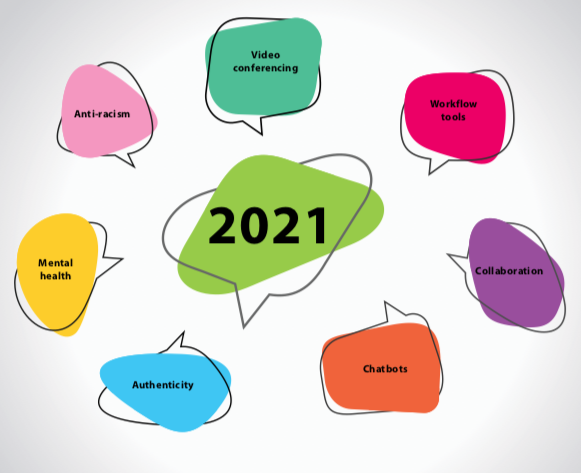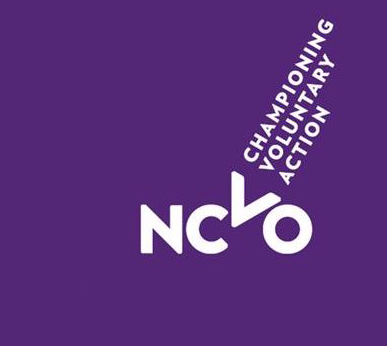The Charity Governance Code has been updated to give a greater emphasis to charities’ responsibility to equality, diversity and inclusion (EDI).
The revised code includes a specific EDI principle and has been written following consultation with the charity sector and advice from independent EDI consultant Pari Dhillon.
Four stages of practice are recommended for charities on their “EDI journey”.
Boards are urged to:
1.Think about why equality, diversity and inclusion is important for the charity and assess the current level of understanding.
2. Set out plans and targets tailored to the charity and its starting point.
3.Monitor and measure how well the charity is doing.
4. Be transparent and publish the charity’s progress.
“Great EDI has the power to create social justice in our boardrooms, charities, sector and ultimately society,” said Dhillon
She added: “EDI practice sits at the heart of good governance, and I’d argue you can’t have one without the other.”
She urged boards to focus on equality of outcomes and ensure their membership is diverse “reflecting and centring the voices of the community and needs that the charity seeks to serve”.
According to the NCVO, BAME charity staff earn on average of 20% less than non-BAME staff, which is worse than the previous year, when the gap was 18%.
Rosie Chapman, chair of the code’s steering group, said: “These improvements to the Charity Governance Code reflect changes in society and the broader context in which charities are working.
“The updated Code is designed to help charities adopt good practice and secure better outcomes for the communities they serve.
“We know that charities are at varying stages in their efforts to fully adopt the Code, including in achieving equality of opportunity, diversity and inclusion, and the updated Code is designed to help charities on this journey.
“We’ve also heard that charities and boards would like more guidance on how to improve their approach to EDI. In response, we are asking charity umbrella and infrastructure bodies to provide more guidance and support to charities, to help them meet the recommended practice in the Code.”
The revised code also includes an update to its ‘integrity principle’ to emphasise ethics and safeguarding for all those in contact with the charity.
It asks trustees to fully understand their safeguarding responsibilities, establish appropriate safeguarding procedures and ensure that all those in contact with the charity know “how to speak up and raise concerns”.
Latest News
-
Home Secretary urged to dump plans to link UK settlement to volunteering
-
Global software firm moves into events fundraising with Enthuse acquisition
-
Career path: Building a charity from the ground up
-
Friday funding roundup - 13 Feb
-
Autism support charity to close ‘due to a significant fundraising deficit’
-
Regulator urges charities to 'avoid character attacks' on politicians
Charity Times video Q&A: In conversation with Hilda Hayo, CEO of Dementia UK
Charity Times editor, Lauren Weymouth, is joined by Dementia UK CEO, Hilda Hayo to discuss why the charity receives such high workplace satisfaction results, what a positive working culture looks like and the importance of lived experience among staff. The pair talk about challenges facing the charity, the impact felt by the pandemic and how it's striving to overcome obstacles and continue to be a highly impactful organisation for anybody affected by dementia.
Charity Times Awards 2023
Mitigating risk and reducing claims

The cost-of-living crisis is impacting charities in a number of ways, including the risks they take. Endsleigh Insurance’s* senior risk management consultant Scott Crichton joins Charity Times to discuss the ramifications of prioritising certain types of risk over others, the financial implications risk can have if not managed properly, and tips for charities to help manage those risks.
* Coming soon… Howden, the new name for Endsleigh.
* Coming soon… Howden, the new name for Endsleigh.
Better Society

© 2021 Perspective Publishing Privacy & Cookies













Recent Stories